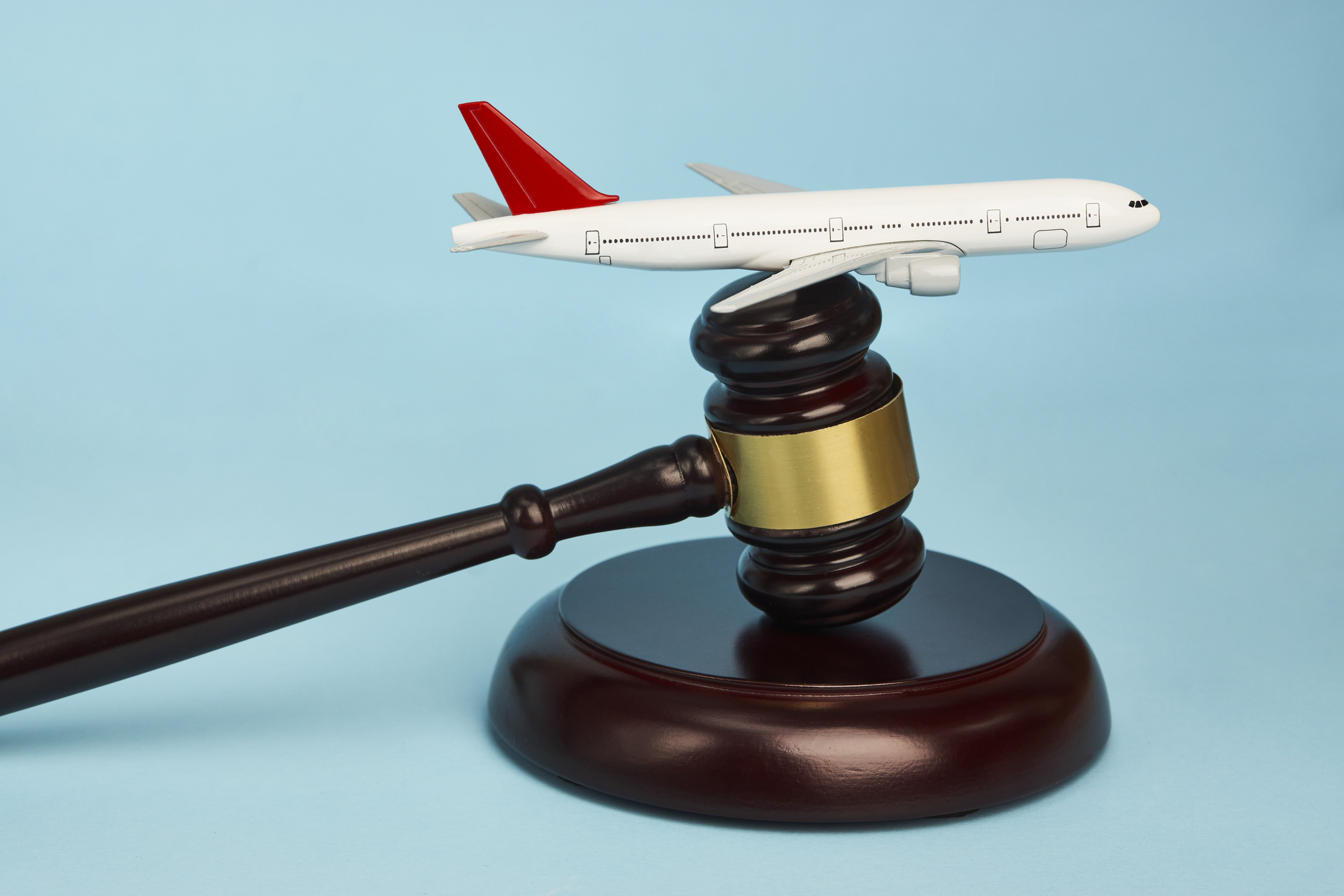Government’s Directive to Airlines: Ensuring Fairness and Transparency for Air Travelers

Government’s Directive to Airlines: Ensuring Fairness and Transparency for Air Travelers
In a significant development within the aviation sector, the Central Government has issued a stern warning to airlines, emphasizing that not every flight seat can be designated as ‘paid’ during the web check-in process. This directive has been characterized as a move to rectify what the government has deemed an “unfair” practice in the airline industry, following a surge in passenger complaints. These grievances primarily revolve around issues such as denial of boarding despite possessing confirmed tickets and persistent delays in the issuance of refunds to passengers.
The Consumer Affairs Ministry, responsible for safeguarding the rights and interests of consumers, has been at the forefront of addressing these issues. The government’s decision comes in response to an escalating number of complaints from air travelers who have been subjected to inconveniences and financial losses, raising concerns about the transparency and fairness of airline operations.
At the core of this issue is the ubiquitous practice of airlines marking a significant portion of seats as ‘paid’ during the web check-in procedure. While web check-in is intended to streamline the boarding process and enhance passenger convenience, it has been observed that airlines are often designating an overwhelming majority of seats as ‘paid,’ leading to limited or no choice for passengers who prefer not to pay extra for seat selection.

This practice has drawn the ire of passengers, who argue that it significantly erodes the essence of confirmed ticketing. The government’s intervention underscores its commitment to rectify this imbalance, fostering greater fairness and equity within the aviation industry.
Additionally, the Consumer Affairs Ministry has been inundated with grievances concerning the denial of boarding, even for passengers holding confirmed tickets. This alarming trend has led to immense frustration among travelers who expect their bookings to be honored, especially when they have made their reservations well in advance. Such incidents have sullied the reputation of airlines and have brought the issue of passenger rights to the forefront of the aviation discourse.
Furthermore, the government has expressed serious concerns about the protracted delays in issuing refunds to passengers. While airlines have an obligation to promptly reimburse passengers in cases of cancellations or other flight disruptions, instances of inordinate delays have become all too common. This delay in returning passengers’ funds only serves to intensify their dissatisfaction with airline services.
The Central Government’s admonition to airlines marks a significant step in aligning the industry with consumer rights and establishing a more equitable balance between the interests of airlines and passengers. This move reflects the government’s commitment to ensuring that air travelers are treated fairly, with their rights and expectations respected.

A key element of the government’s directive is to curtail the practice of designating most seats as ‘paid’ during web check-in. By doing so, passengers will have greater access to a range of seat choices without the obligation to pay extra fees. This measure aims to restore the essence of confirmed ticketing, offering passengers the assurance that their reservations will be honored without hidden costs or inconveniences.
Moreover, the government’s scrutiny of cases where passengers are denied boarding despite possessing confirmed tickets will put added pressure on airlines to uphold their commitments to passengers. Such incidents can lead to significant hardships for travelers, and the government’s action aims to ensure that this becomes a rarity, not the norm.
In addressing the issue of delayed refunds, the government is reinforcing its commitment to consumer protection by holding airlines accountable for expeditious reimbursement. Passengers who face cancellations or disruptions in their travel plans can now expect timelier resolution of their financial claims, reducing the financial burden associated with such inconveniences.

The government’s intervention in the airline industry is a significant move that comes at a time when air travel has become an integral part of modern life, connecting people across the nation and the globe. With the increasing demand for air travel, it is imperative that passengers are not only provided with convenience but are also treated fairly and with respect. The government’s stance emphasizes the importance of striking a balance between the commercial interests of airlines and the rights of passengers.
Furthermore, this development also serves as a reminder to airlines that they must adapt to changing consumer expectations. In today’s digital age, where passengers can easily compare options and voice their concerns through various channels, it is in the best interest of airlines to maintain a positive reputation and a loyal customer base. Airlines that prioritize transparency, fairness, and excellent customer service are likely to reap the rewards of increased passenger trust and repeat business.
The move to address delayed refunds is particularly crucial, as it directly impacts passengers’ financial well-being. For many travelers, airfare represents a significant portion of their expenses, and the undue delay in refunding money for canceled or disrupted flights can cause financial strain. By ensuring airlines promptly process refunds, the government not only upholds consumer rights but also contributes to the financial security and peace of mind of passengers.
In conclusion, the Central Government’s stern warning to airlines is a resounding call for fairness, transparency, and accountability within the aviation sector. By tackling the issues of ‘paid’ seat designations during web check-in, denial of boarding, and delays in refunds, the government aims to create an environment in which passengers can confidently travel without fear of being subjected to unfair practices. This action serves to protect the rights and interests of air travelers, making the skies friendlier and more accommodating for all. It underscores the government’s dedication to creating a level playing field within the aviation industry and ensuring that passengers receive the respect and service they deserve.




